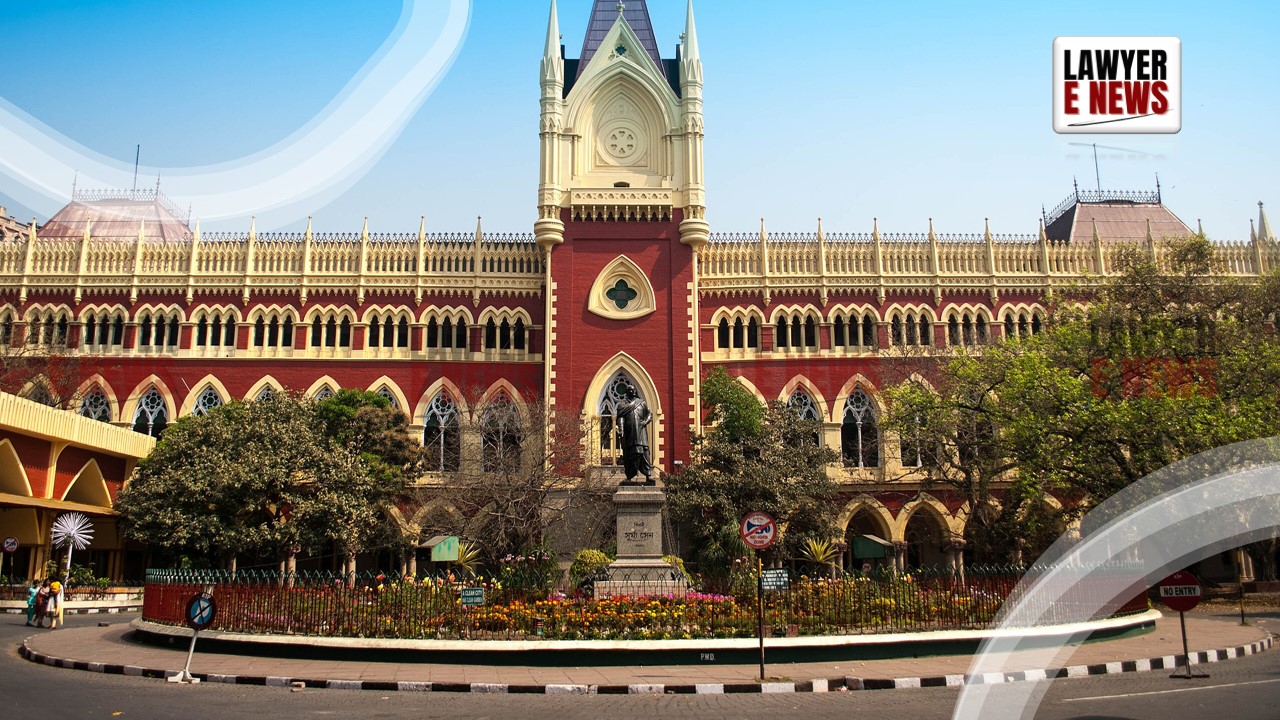-
by Admin
15 February 2026 5:35 AM



Calcutta High Court, in The Board of Trustees of the Port of Kolkata v. M/s Marino Dredgeco Limited, partially set aside an arbitral award. The Court ruled that the award, which granted Rs. 2,16,68,844/- for alleged extra work, amounted to nearly 70% of the original contract value and was "shocking" to the conscience of the Court. Consequently, the Court reduced the award by 50%, along with a reduction in the awarded interest rate from 10% to 6%.
The dispute arose from a dredging contract between the appellant, The Board of Trustees of the Port of Kolkata, and the respondent, M/s Marino Dredgeco Limited, for the construction of a shore-based pilot station complex at Sagar Island. The contract, valued at Rs. 2.86 crores, involved dredging and excavation work. The project faced delays, with disputes emerging over claims of extra work, which the respondent billed for but was allegedly neither ordered nor substantiated by joint measurements.
The appellant challenged the arbitral award, which granted the respondent over Rs. 2.16 crores for extra work and Rs. 22.45 lakhs for refund of a security deposit, under Section 34 of the Arbitration and Conciliation Act, 1996. They argued that the award was excessive, patently illegal, and violated public policy.
Patent Illegality and Fundamental Policy: The appellant contended that the award violated Section 34 of the Arbitration Act due to a lack of joint measurements to support the extra work claims. They further argued that allowing an amount constituting 70% of the original contract value shocked the conscience of the Court and violated public policy principles.
Public Policy & Morality: The Court examined whether the award conflicted with the fundamental policy of Indian law and the basic notions of justice or morality. The appellant highlighted that paying such a large additional sum based on unsubstantiated claims, especially when public money was involved, was against public interest.
Justice I. P. Mukerji, delivering the judgment, held that while the award was not "patently illegal" under Section 34, the amount awarded for extra work was excessively high, especially in the absence of clear evidence, such as joint measurements. The Court applied principles from landmark judgments such as Ssangyong Engineering & Construction Co. Ltd. v. NHAI and Associate Builders v. DDA, which laid down standards for setting aside arbitral awards that shock the conscience of the court.
"Even if an award passes the test of perversity or patent illegality, it is liable to be set aside if it is in conflict with the basic notions of morality or justice. … An award that shocks the conscience of the court falls in this category" [Para 51].
The Court found that the extra work claims—totaling almost 70% of the contract value—were excessive and "unbelievable." Therefore, in the interest of justice and public accountability, especially since public funds were involved, the Court reduced the amount awarded by 50%, setting aside Rs. 1,08,34,422/-.
Furthermore, the interest rate in the original award, set at 10%, was deemed too high and reduced to 6% from February 8, 2002, until the date of payment.
The Calcutta High Court, while upholding the validity of the arbitral award in part, emphasized that an excessive award that "shocks the conscience" could not be permitted. The reduction in both the award and the interest rate reflected the Court's concerns over public funds and the need for fairness in arbitral proceedings. The Court partially allowed the appeal and set aside half of the arbitral award.
Date of Decision: 23/09/2024
The Board of Trustees of the Port of Kolkata v. M/s Marino Dredgeco Limited
